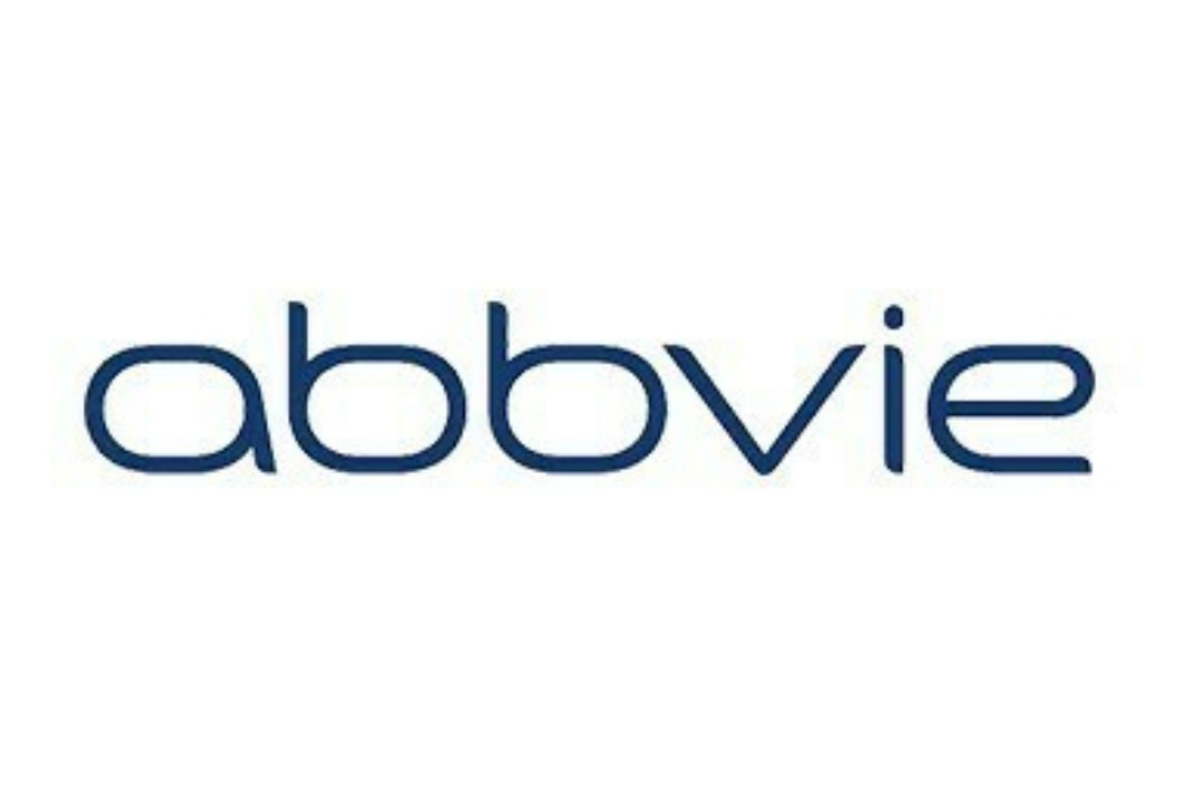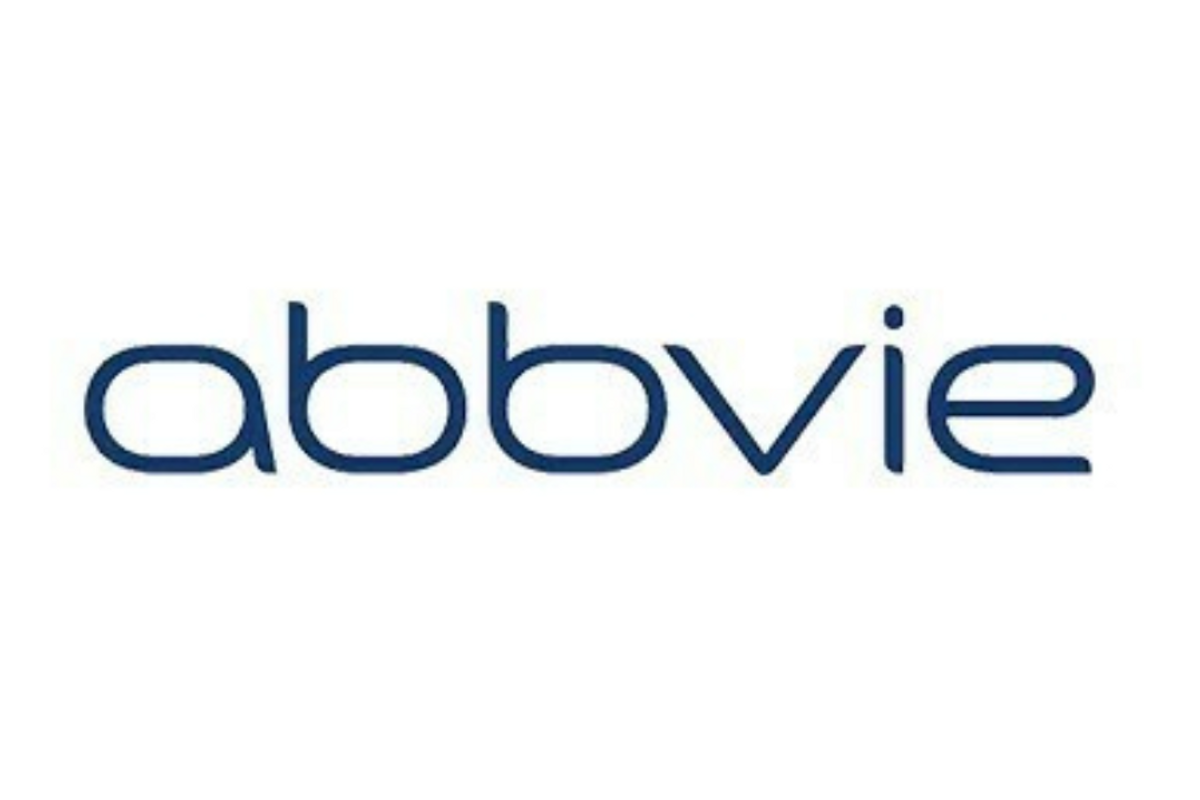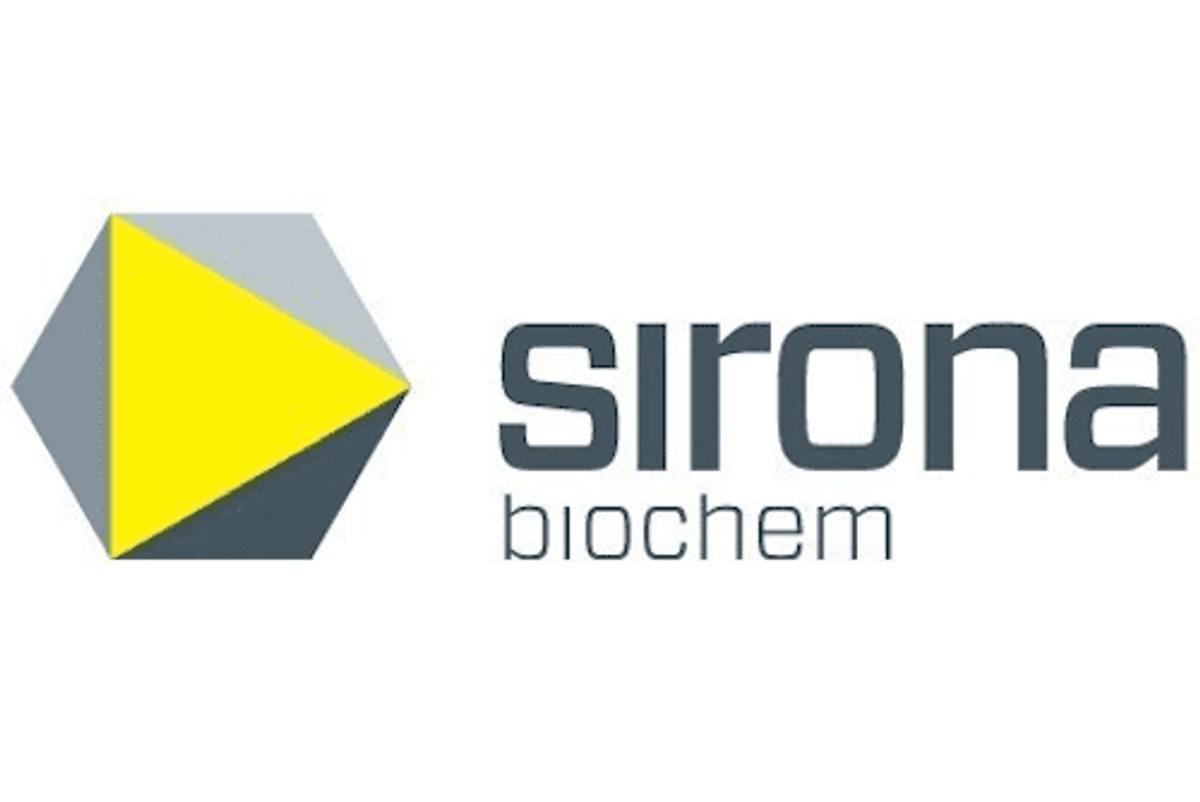- Primary endpoint was not met for the modified intent-to-treat (mITT) population; however, clinical benefit observed in coronary artery bypass graft (CABG) patients
- Data showed relative risk reduction in specific study populations and overall lower rates of rehospitalization within 30 days compared to placebo
- Adverse Events (AEs) were numerically similar across treatment groups
- Results were presented today as part of a late-breaking science session at the 2022 American Heart Association Scientific Sessions
ABBVie (NYSE: ABBV) today announced new results from its exploratory NOVA phase 2 dose-ranging study evaluating the efficacy and safety of AGN-151607, a novel investigational neurotoxin for the prevention of postoperative atrial fibrillation (POAF) in cardiac surgery patients. The primary endpoint of evaluating the occurrence of continuous atrial fibrillation (AF) ≥ 30 seconds was not met for the modified intent-to-treat (mITT) population; however, the data showed relative risk reduction in specific study populations, such as coronary artery bypass graft (CABG) patients and patients aged 65 years and older. The results were presented today at the 2022 American Heart Association Scientific Sessions in Chicago, IL USA, during the Late-Breaking Science session titled "Treating Atrial and Supraventricular Arrhythmias."
Among the observed benefits, relative risk reduction was seen in certain subgroups; specifically, pre-specified CABG patients treated with 125 units of AGN-151607 received the greatest benefit with 29 percent relative risk (RR) reduction compared to placebo (p=0.15). In a post hoc analysis of CABG patients aged 65 years and older treated with 125 units of AGN-151607, the study found a greater risk reduction at 51 percent compared to placebo (nominal p
"Early studies have demonstrated POAF reduction using botulinum toxin, and our aim with the NOVA study was to further investigate which cardiac surgery patients would show benefit," said Jonathan P. Piccini , M.D., Department of Electrophysiology, Duke Clinical Research Institute and Duke University Medical Center, Durham, NC , USA. "This trial was designed to explore dose, patient populations and outcome variables and was not powered to demonstrate superiority for all clinically relevant differences, so we are encouraged by the potential observed in CABG patients."
POAF is the most common complication following cardiac surgery, 1 leading to increased morbidity, mortality, increased length of hospital stay, healthcare utilization, and cost. 2 The incidence has not changed in decades, affecting between 30-60 percent of patients undergoing cardiac surgery. 3 Currently, treatment options are limited, and there are no approved drugs for the prevention of POAF. 4
"We are encouraged by the findings from the NOVA study, which was the largest neuromodulation study using a botulinum toxin type A to prevent postoperative atrial fibrillation, and showed a potential reduction of the risk to certain subgroups of patients," said Mitchell Brin , M.D., Senior Vice President, R&D, and Chief Scientific Officer, Neurotoxins at AbbVie. "The data from this study suggest which patient populations may benefit from this intervention, and we look forward to exploring further development opportunities."
The proportion of participants experiencing any AE and rates of AEs leading to discontinuation of the study were numerically similar across the three treatment groups. There were two deaths in those treated with 250 units due to aorto-esophageal fistula (n=1) and cardiac arrest (n=1). Treatment-emergent cardiovascular AEs rates were heart failure (7.6%, 2.9%, and 3.7%), stroke/TIA (4.8%, 2.9%, and 1.8%), myocardial infarction (1.9%, 1.0% and 0.0), renal failure (6.7%, 4.8%, and 4.6%), and respiratory failure (7.6%, 4.8%, and 5.5%) for placebo, 125 units and 250 units, respectively.
About AGN-151607
AGN-151607, a botulinum toxin type A, is a novel investigational neurotoxin being studied for the potential treatment of atrial fibrillation.
About the NOVA Study
NeurOtoxin for the PreVention of Post-Operative Atrial Fibrillation (NOVA) is a Phase 2, multicenter, randomized, double-blind, placebo-controlled, parallel group, dose-ranging study to evaluate the efficacy and safety of botulinum toxin type A (AGN-151607) injections [125 units and 250 units versus placebo (1:1:1)], into the epicardial fat pads to prevent Post-Operative Atrial Fibrillation (POAF) in patients undergoing open-chest cardiac surgery. Randomization was stratified by type of surgery (presence or absence of valve surgery) and by age group (
The primary endpoint of an AF episode ≥ 30 sec during the first 30 days post-surgery was not statistically different across the three treatment groups (mITT population). AF ≥ 30 sec occurred in 47 (46.1%) of the placebo group, 38 (36.5%) of the 125 units group, and 50 (47.2%) of the 250 units group. Secondary endpoints looked at different definitions of AF, including longer durations of AF, such as ≥ 4 hours, which occurred in 33 (32.4%) of the placebo group, 25 (24.0%) of the 125 units group, and 28 (26.4%) of the 250 units group.
More information can be found on https://clinicaltrials.gov (NCT03779841).
About AbbVie
AbbVie's mission is to discover and deliver innovative medicines that solve serious health issues today and address the medical challenges of tomorrow. We strive to have a remarkable impact on people's lives across several key therapeutic areas: immunology, oncology, neuroscience, eye care, virology, women's health and gastroenterology, in addition to products and services across our Allergan Aesthetics portfolio. For more information about AbbVie, please visit us at www.abbvie.com . Follow @abbvie on Twitter , Facebook , LinkedIn or Instagram .
Forward-Looking Statements
Some statements in this news release are, or may be considered, forward-looking statements for purposes of the Private Securities Litigation Reform Act of 1995. The words "believe," "expect," "anticipate," "project" and similar expressions, among others, generally identify forward-looking statements. AbbVie cautions that these forward-looking statements are subject to risks and uncertainties that may cause actual results to differ materially from those indicated in the forward-looking statements. Such risks and uncertainties include, but are not limited to, failure to realize the expected benefits from AbbVie's acquisition of Allergan plc ("Allergan"), failure to promptly and effectively integrate Allergan's businesses, competition from other products, challenges to intellectual property, difficulties inherent in the research and development process, adverse litigation or government action, changes to laws and regulations applicable to our industry and the impact of public health outbreaks, epidemics or pandemics, such as COVID-19. Additional information about the economic, competitive, governmental, technological and other factors that may affect AbbVie's operations is set forth in Item 1A, "Risk Factors," of AbbVie's 2021 Annual Report on Form 10-K, which has been filed with the Securities and Exchange Commission, as updated by its subsequent Quarterly Reports on Form 10-Q. AbbVie undertakes no obligation to release publicly any revisions to forward-looking statements as a result of subsequent events or developments, except as required by law.
References:
- Hernández-Leiva, et al. Postoperative Atrial Fibrillation: Evaluation of its Economic Impact on the Costs of Cardiac Surgery. Braz J Cardiovasc Surg 2019;34(2):179-86
- LaPar D, et al. Postoperative atrial fibrillation significantly increases mortality, hospital readmission, and hospital costs. Ann Thorac Surg 2014 Aug;98(2):527-33; discussion 533. doi: 10.1016/j.athoracsur.2014.03.039.
- O'Brien B, et al. Society of Cardiovascular Anesthesiologists/European Association of Cardiothoracic Anaesthetists Practice Advisory for the Management of Perioperative Atrial Fibrillation in Patients Undergoing Cardiac Surgery. J Cardiothorac Vasc Anesth 2019;33(1):12-26. doi: 10.1053/j.jvca.2018.09.039.
- Turagam M, et al. Pharmacological strategies for prevention of postoperative atrial fibrillation Expert Rev Clin Pharmacol . 2015 Mar; 8(2): 233–250. doi: 10.1586/17512433.2015.1018182
SOURCE AbbVie



